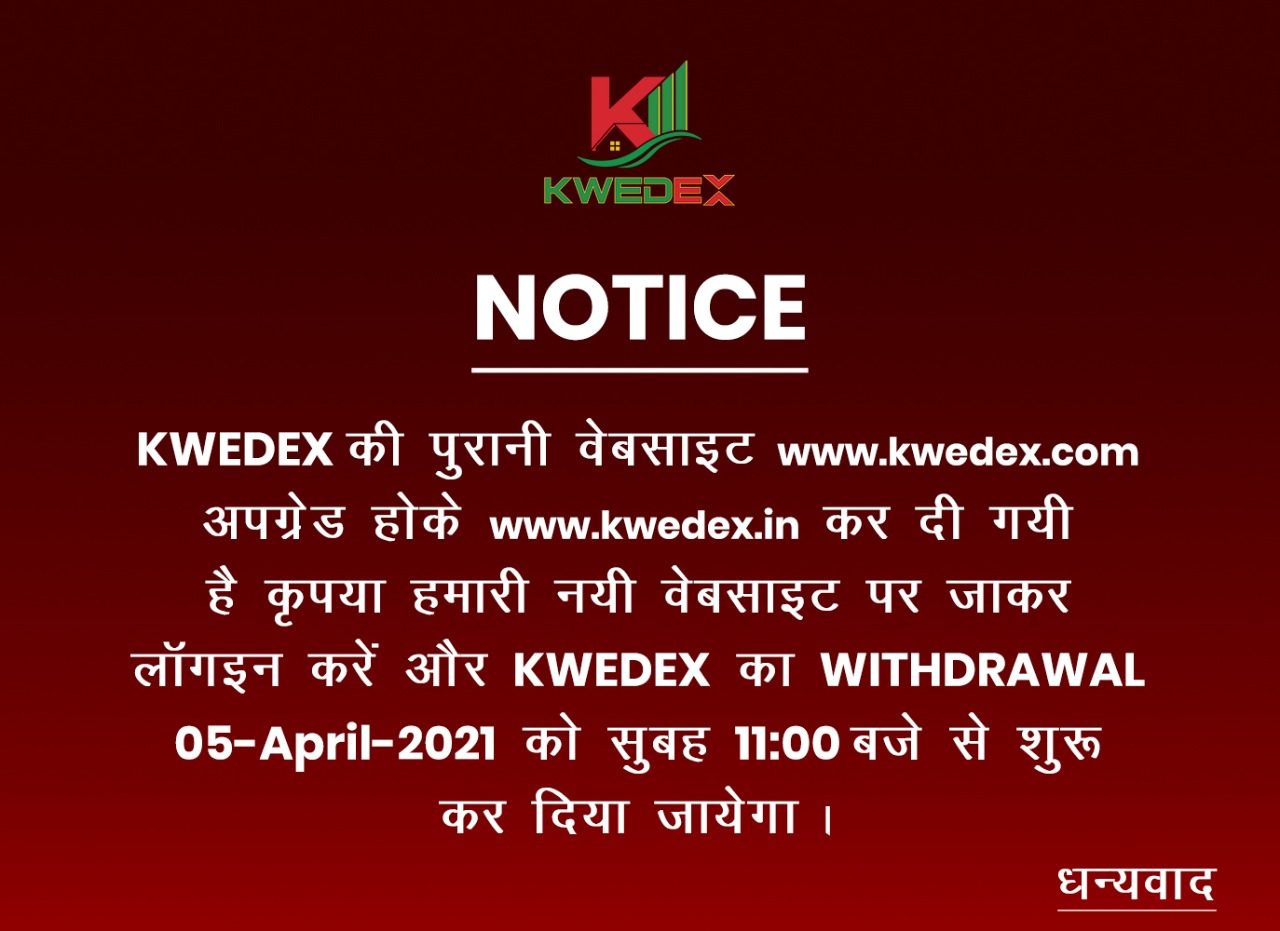Glossary of Terms
A
Ask — the price at which the asset is sold, i.e. the market
selling price. All market quotes include the selling and buying price: bid
and ask. The difference between the two prices is called the spread.
Asset — commodities (GOLD, OIL), company shares (BMW,
Google), currency pairs (GBP/USD, EUR/USD, AUD/USD), indices (CAC40, DAX,
S&P 500), pairs (GOLD/SILVER) i.e. financial instruments on the price
dynamics of which trades are based.
Australian Dollar — the official currency of Australia (the
“Aussie”; code: AUD), one of the major Asia/Pacific currencies traded on the
Forex market. The Australian dollar shows increased volatility during the
Australian and New Zealand trading sessions. Strongly correlates with the
national currency of New Zealand (NZD).
B
Bears — traders who bet on an asset price fall. Bears
expect descending trends and mostly open short positions. The market is
called a "bearish" or "bear" market when the quotes show clear downtrend.
The opposite of the bears are bulls, who bid on the asset rise. This creates
demand and supply, which support the quotes movements.
Bid — the price at which the asset is bought, i.e. the
market buying price.
Bollinger Bands — one of the most popular technical
indicators, which defines volatility of the traded asset with respect to
local price levels. Bollinger Bands indicator defines two standard quotes
deviations with respect to one moving average. As a rule, this indicator is
used for trading in the market with weak trend and allows to define the
moments of quotes reversal.
British Pound (Pound Sterling, “the cable”; code and
symbol: GBP, ₤) — the official currency of the United Kingdom and the third
most widely held reserve currency after US dollar and Euro.
Broker — an individual or organization who receives and
executes buy and sell orders in the market. Brokers charge fees or
commissions for their services.
